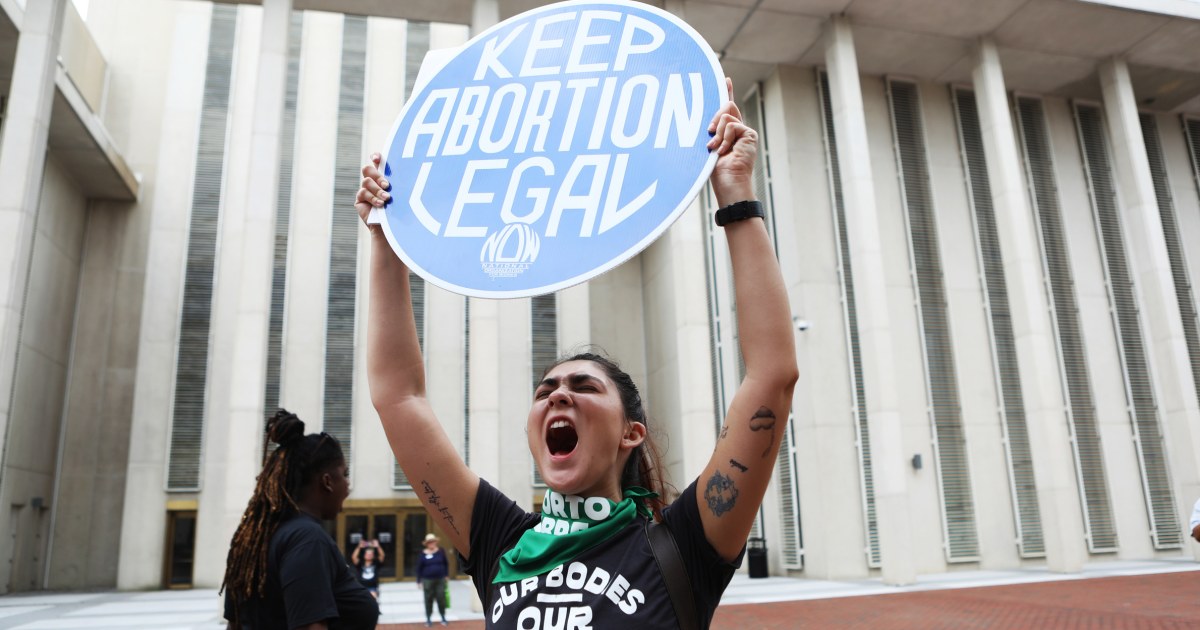Husband presented in court evidence of betrayal of his wife obtained in secret recordings, but the court ruled: "Their evidentiary weight is lower than the privacy value"
Is a husband allowed to present to the court evidence obtained against his wife by wiretapping? The Family Court recently accepted the woman's request to disqualify the evidence, as she said they were obtained in violation of the Privacy Protection Act.
The evidence presented by the husband in court was conversations the woman had with her friend, using a mobile phone. According to the woman, the husband recorded the conversations in an illegal wiretap. The woman, through attorney Lianne Kehat, demanded that the evidence relied on wiretaps be revoked.
In response, the husband claimed that he listened to the cell phone that belonged to him, as it was his wife who took the device from him and then returned it to him. He also claimed that the police closed the complaint filed by his wife with the same wiretapping, for lack of guilt.
On the question of when a recording can be filed as evidence, Judge Nuss answered from the Petition Court of the Family Court that the ruling states that it is subject to three conditions: the first - the reliability and reliability of the recording, the second - the ascertainment of the admissibility of the recording, and the third - whether the recording does not contravene Listening to Hide.
The court examined these conditions, noting that in this case the recordings were between the woman and her girlfriend, with none of them agreeing to these hearings, and therefore "it is a wiretap that is improperly used as evidence." It was also determined that the woman did not consent to the listening being performed and therefore violated her privacy.
Lianne Kehat, the woman's lawyer
Judge Nuss also noted that it was unclear how the husband obtained the recordings, and whether he had used spyware to track his wife. "Although we accept the husband's version that the recordings were made on his private mobile device, he listened to many calls he was not party to, all with the purpose of locating relevant evidence. There is no doubt that this is a serious violation of the applicant's individual modesty."
The judgment further states that the recordings presented by the husband were of short and solitary passages which he chose. "It is unclear how the recording was saved as it passed, or whether any late processing was done. Therefore, the recordings cannot be accepted as submitted," Judge Nuss stated in the decision, adding: "From their reading, I did not find that their evidentiary value was justified in obtaining, despite the way obtained and Violation of the applicant's privacy. "
In conclusion, Judge Nuss noted that "in balancing the investigation of truth, with the low weight of the recordings submitted, and the value of maintaining the privacy arising from the Basic Law of Human Dignity and Liberty, I believe that these recordings should be rejected."
Recently, a recall was held regarding the recordings of the notices and conversations made on the telephone of former Bar Association president Epi Nave, who deal mostly with his contacts with incumbent judges. Two weeks ago, the court administration said it did not object to the publication of the calls and notices, despite the controversial way Where they were achieved.


/cloudfront-eu-central-1.images.arcpublishing.com/prisa/OCS7V4Q6YKB6UMI76BXPPNGQJE.jpg)



/cloudfront-eu-central-1.images.arcpublishing.com/prisa/7N526UKL3ZHYZJ6ASWAI3F5WBI.jpg)


/cloudfront-eu-central-1.images.arcpublishing.com/prisa/IDTUWIQ5AVHK7H2ZRBCS4GE2EU.jpg)